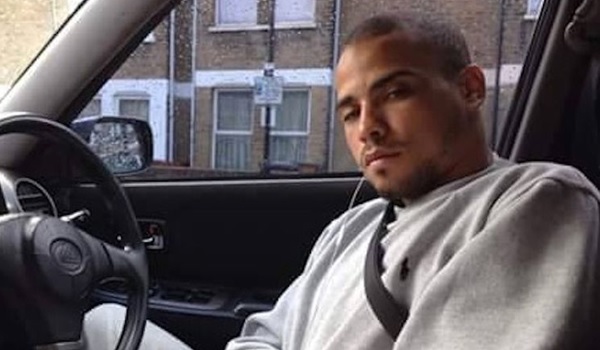Public inquiry launched into death of man shot by police marksman
A public inquiry is being launched into the death of Jermaine Baker, who was shot by a police marksman during an attempt to free a prisoner.
The 28-year-old, of Tottenham, North London, died from a single gunshot wound when armed officers from the Metropolitan Police Service (MPS) foiled a break-out attempt near Wood Green Crown Court on December 11, 2015.
The inquiry will be chaired by retired judge Clement Goldstone QC, who was appointed last year to conduct the inquest into Mr Baker’s death. He had written to Home Secretary Priti Patel requesting that a judge-led, statutory inquiry into the death be established under the Inquiries Act 2005.
Ms Patel agreed that an inquiry should take place and confirmed this in a written ministerial statement to the House of Commons on Wednesday (February 12).
The statement said: “Establishing an inquiry is important to ensure that all of the relevant evidence can be properly considered as part of an effective investigation into Mr Baker’s death. It has been necessary to establish an inquiry so as to permit all relevant evidence to be heard.”
Mr Baker and two other men were about to intercept a prison van carrying Izzet Eren, who was being transported to Wood Green Crown Court for sentencing on possession of a Scorpion sub-machine gun with intent to endanger life charges, when the police operation began.
The MPS had intelligence Mr Baker and his accomplices were armed and intended to use weapons to free Eren.
Firearms officers approached a stolen Audi A6 in which the men were sitting but could not see what they were doing as the windows were steamed up. A specialist firearms officer, known only as W80, opened the front passenger door and contends that Mr Baker put his hand to his chest where he was carrying a shoulder bag. Believing his life and that of his colleagues was in danger, he fired a single shot, killing Baker.
The bag did not contain a firearm, but an imitation Uzi sub-machine gun was found in the rear of the car.
The then Independent Police Complaints Commission, now the Independent Office for Police Conduct (IOPC), submitted a file to the Crown Prosecution Service (CPS) but, in June 2017, the CPS said there was insufficient evidence to justify criminal proceedings against W80 or any other officer.
The IOPC wrote to the MPS in March 2018 stating that W80 had a case to answer for gross misconduct. It said the officer could only rely on a mistake of fact if it was a reasonable mistake to have made – the test that investigators were advised to apply in police disciplinary proceedings.
The MPS contended that the investigator had been incorrect as a matter of law in applying the civil law test, as opposed to the criminal law test of self-defence.
The IOPC disagreed and, in May 2018, directed the MPS to hold disciplinary hearings.
The officer, supported by the Police Federation of England and Wales, sought a judicial review on two grounds: that the civil law test of self-defence – of being “objectively reasonable” – was wrongly used; and the IOPC’s assessment of the facts as giving rise to a case to answer was unreasonable and irrational.
W80 claimed the test of whether his mistake was reasonable should have regard to the Code of Ethics, as published by the College of Policing in 2014, which includes a subjective, and therefore criminal law, test of whether there was a case to answer.
In August, the High Court found in the officer’s favour and the MPS announced that disciplinary proceedings would be dropped.
The inquiry will have the same scope as the current inquest, which will be suspended after the establishment of the inquiry, the statement added.







